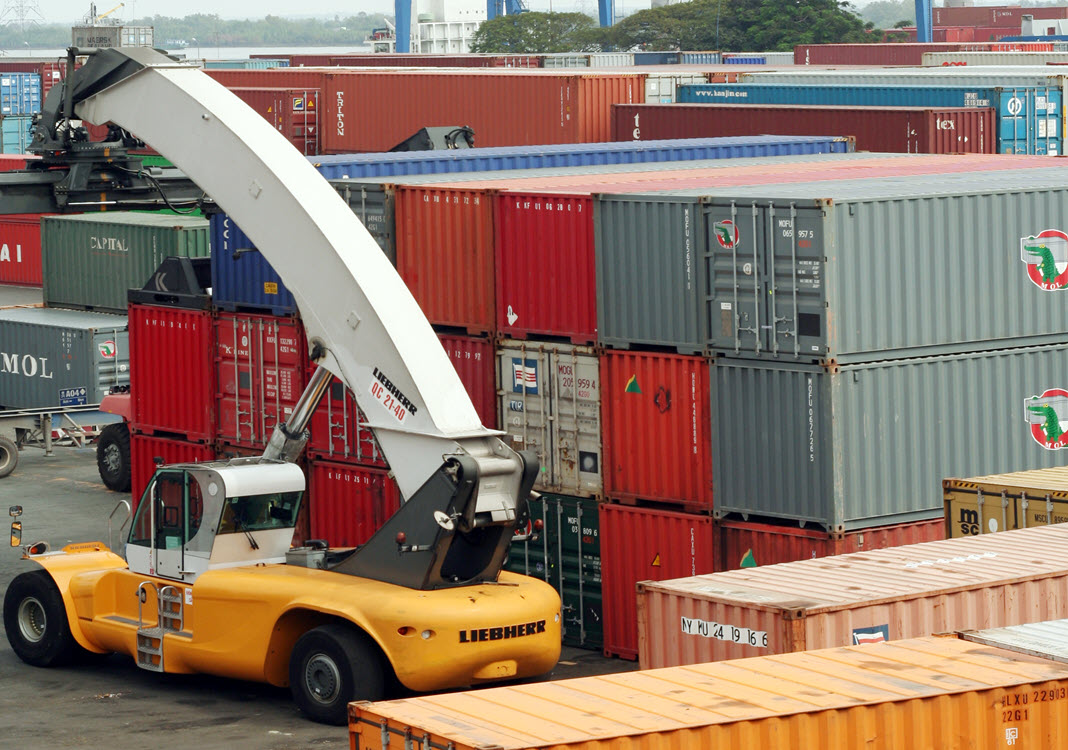While the whole world was aggressively fighting Covid-19, Vietnam and the European Union ratified the EU-Vietnam Free Trade Agreement (EVTFA). The FTA is poised to deliver considerable benefits to both sides with some unmentioned or unseen for now.
Quite a few analyses of the impacts of the EVFTA on bilateral trade relations and GDP are available now. In my opinion, however, some benefits to be gained by both sides may be much bigger and will be seen in the future.
First, after putting Covid-19 under control possibly next year when a vaccine or an effective medicine is in hand, countries worldwide will have to make every effort to bring their economies back on track. Together with the huge stimulus packages already in place, these efforts are significantly boosting nations’ public debt. For instance, Britain’s public debt in mid-2020 had for the first time since 1963 been larger than her GDP.
To get out of this state of economic turmoil, governments must find new outlets for their products. In the context that countries in the world opt for more protectionism, the EVFTA has come at the right time. The FTA will afford direct export opportunities for both sides, which are trade creation.
Secondly, the benefits may come in the form of trade diversion. When two countries, say A and B, ink a trade agreement, the products exported by country A to a third party, country C, may be rerouted to B. Likewise, goods bought by country B from country C may be replaced by products from A. That means both Vietnam and the EU will benefit from EVFTA articles, especially in a time when technologies are bringing the whole world closer together and the only distance one nation can create relates to her trade policies.
There are more effects in sight. Other relevant parties will not sit idly doing nothing. Take for example, the relationship between the EU and Britain is scheduled to change next year following the implementation of Brexit. The British Government has announced it won’t extend the deadline for the transitional period which will terminate by the end of this year. Meanwhile, British-EU negotiations have made little progress due partly to strict requirements on both sides and partly to Covid-19.
The dilemma means that Britain will have to find outputs for her goods. In fact, she is in talks with a host of nations, notably, the United States, Australia, New Zealand and Japan. Even more remarkably, Britain is considering a membership of the Comprehensive and Progressive Agreement for Trans-Pacific Partnership (CPTPP). Although Britain is not a Pacific country, such a membership will help her reach agreements with existing CPTPP signatories.

Thirdly, Vietnam is a CPTPP member. In other words, the EVFTA will enable Vietnam to be a gateway through which British products may make their way to the EU without the need for Brexit agreements. This situation may be a wild card Britain plays when negotiating with the EU as she will be able to indirectly export goods to the trade bloc via the Vietnamese market.
All in all, aside from trade creation and trade diversion, the EVFTA may improve Vietnam’s stature. The FTA will prompt many third-party economies to work and do business with Vietnam because she is an indirect route leading to such a meticulous and law-abiding market as the EU.
This is an opportunity too excellent to miss!
By Assoc. Prof. Luong Anh Tuan(*)
(*) De Montfort University, the UK; an AVSE Global member









